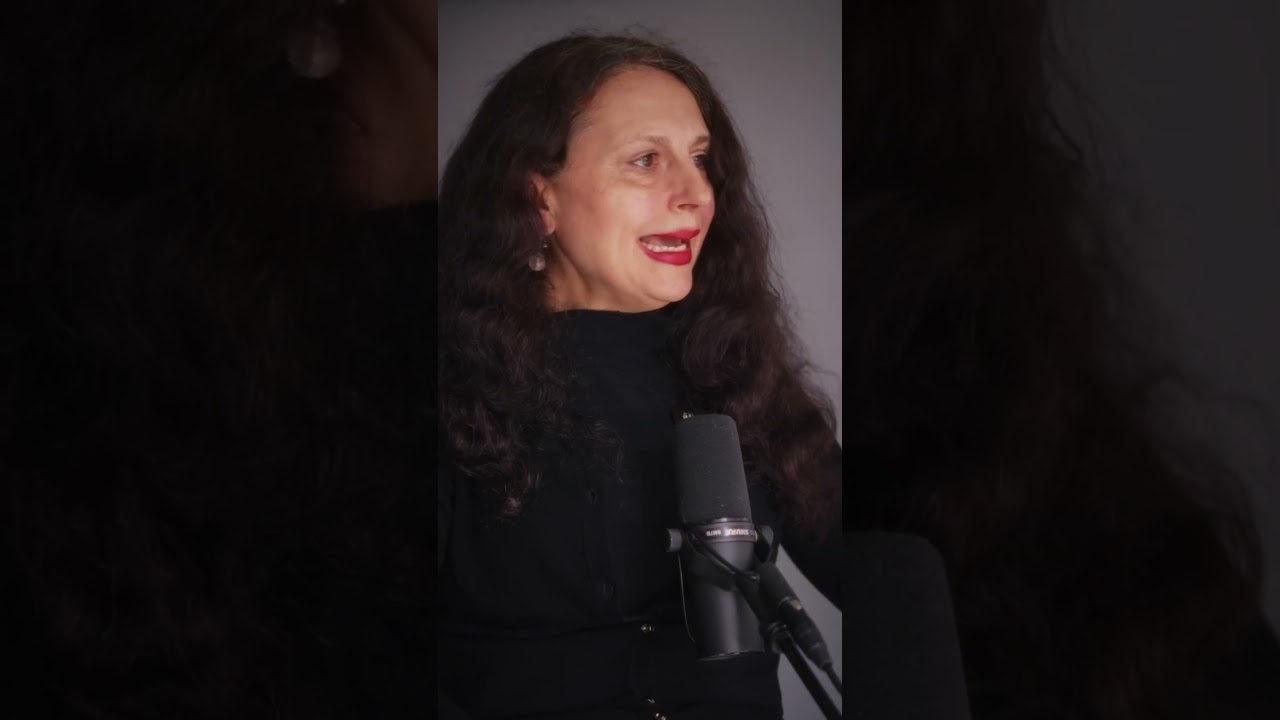The speaker argues that AI lacks the ability to interpret reality due to its limitations in understanding language, human nuances, and moral reasoning. They emphasize that AI’s focus on efficiency and systematic processes prevents it from possessing the nuanced judgment and anticipation that humans have in responding to environmental changes.
The speaker makes a bold claim that AI is unable to interpret reality due to its lack of understanding of language, human nuances, richness, and complexity. They emphasize that human intelligence lies in the ability to interpret and respond instantaneously to environmental changes or affordances, a skill that AI lacks. The speaker argues that AI cannot anticipate changes in the computational environment like humans can, highlighting the importance of human judgment, moral reasoning, and restraint.
Furthermore, the speaker asserts that AI, no matter how advanced, will ultimately function as a systematic killing machine without the ability for true moral reasoning or restraint. Even the existence of a kill switch is dismissed as inadequate, as the speaker quotes a statement that there is no simple on/off switch to control AI behavior. This underscores the speaker’s belief that AI’s lack of human-like judgment and moral reasoning prevents it from truly understanding and interpreting reality.
The speaker expresses skepticism towards the idea that AI can be programmed to anticipate and respond to unexpected or nuanced situations in the same way that humans can. They argue that AI’s limitations in understanding the complexity of human experiences and behaviors will prevent it from ever truly interpreting reality in the same way that humans can. The speaker suggests that AI’s inherent nature as a machine will always prioritize efficiency and systematic processes over human-like cognition.
In conclusion, the speaker maintains that AI’s inability to interpret reality stems from its fundamental differences in cognition and understanding compared to humans. Despite advancements in AI technology, the speaker believes that AI will never possess the nuanced judgment, moral reasoning, and anticipation that humans have. This critique serves as a cautionary reminder of the limitations of AI and the importance of human intelligence in interpreting and responding to the complexities of reality.
